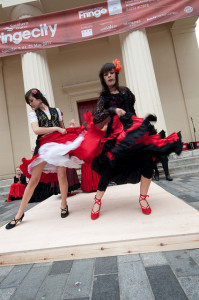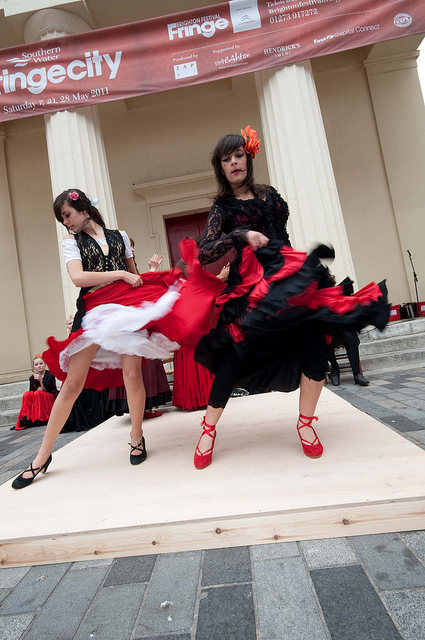Brighton and Hove has topped a national poll of UK cities inspiring pride in their residents.

The YouGov poll places us in first place, with a massive 91% of people living here saying they are proud of the city.
And of the ten cities polled, only here did nobody say they were not at all proud of where they live.
Local culture was the most popular aspect of the city, with 84% saying they loved it.
About two in three said they loved local people, restaurants, good transport links, nightlife and historic landmarks.
However, job opportunities and modern landmarks were less popular, with 16% and 26% citing those respectively.
Twice as many people said they enjoyed the stereotypes about people living here, and while 78% didn’t originally come from the city, 53% said they were unlikely to leave.
Click here to see the full results.
Mary Wheeler, Senior Research Executive, YouGov CityBus said: “Whether it is the sea air and iconic beaches, lovely locals or a diverse cultural landscape, it is clear those in Brighton have a good deal to be rightly proud of.
“More generally, the results suggest that the majority of those in the cities surveyed are proud to live where they do, and will defend them against negative stereotypes that do abound.’’
However, the results should be treated with some caution, as only 101 people were polled. The other cities included were Birmingham, Bristol, Cardiff, Edingburgh, Leeds, London, Manchester, Nottingham and Belfast.










Sorry to upset anyone wanting to make political mileage out of the YouGov study, but I am really surprised they have apparently produced an analysis without explaining the likely error range in the results.
For a large enough population size the likely error range is roughly 1/square root n, where n is the sample size at the 95% confidence limit – which means you are 95% sure you will be right, but 5% that you are wrong. Statistical analysis never gives 100% accurate results.
So when pollsters are looking at likely general election results and they want an error range of +/- 1% they need to have a sample size of 10,000.
For a sample size of 100 the error range is +/- 10%. So if a result shows 80% of that sample think dogs can’t look up, then in the actual population you are 95% certain that somewhere between 72% (-10% of 80%) and 88% and (+10% of 80%) think dogs can’t look up.
So comparing ‘proudness’ and not sure how this was actually defined, 91% of the 100 sample in Brighton said they were proud, so in the whole population between 82% and 100% were proud at the 95% confidence level.
For London 81% said they were proud giving the equivalent range of 73% to 89%.
Therefore the ranges overlap considerably and therefore you can only express any difference similarly as a likelihood for the population as a whole. You can not say definitely that Brighton residents are prouder of their city than London residents – it could actually be the other way round.
The similar comparison of people wanting to move away has problems 53% of Brighton residents polled want to stay vs. 46% of London Residents polled – so the 95% confidence range for Brighton is 48% to 58% and for London is 41% to 51% – so you can not definitely say one is better than the other.
As such the study by YouGov is of debatable value, as mentioned in the article.
I just wonder who it was paid for the survey and what they were told would be the statistical validity of the results.
I’d also query whether the sample was truly random, as YouGov surveys tend to be based upon those that want, and have the time, to be involved in surveys rather than proper random samples.